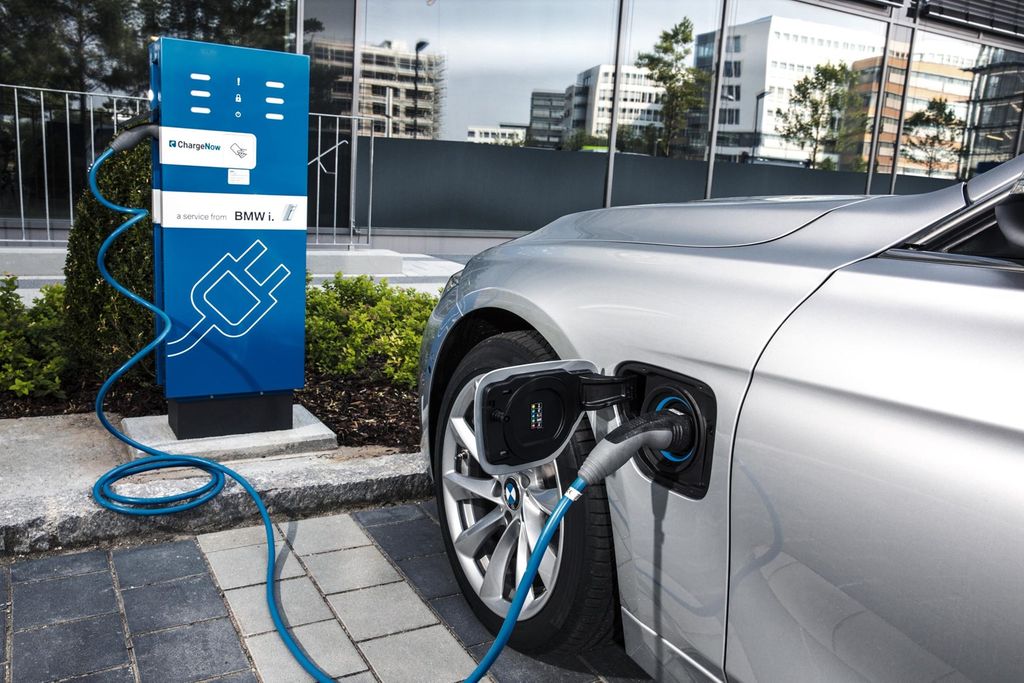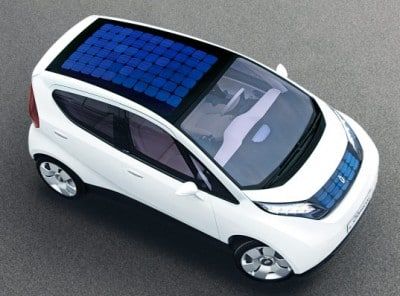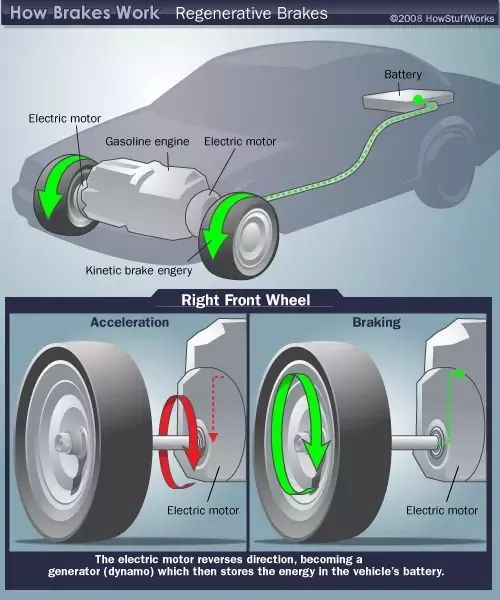Electric Vehicles- A Necessity For Tomorrow
May 03, 2019 • 37 views
Vehicle, an invention that has bought about a massive revolution in the tech field. It came into existence from a simple well and now in present time, this invention is kissing high speed on roads. Now life without a vehicle is not even possible. These vehicles have brought ease to our lives but for this ease, costs have to be paid. It's not always necessary that the word ‘cost’ is related to money. The word 'cost’ actually means paying for something that is valuable for us or the other party. In the case of the vehicle the costs which are paid follows:
Petroleum
Environment
And yes money of course
Money is not a big concern but the thought which troubles the mind of people is that:What if the fuel gets completely?
What if the environment gets polluted beyond any repair?
These thoughts led to the upgrade in vehicles which could replace fuel vehicles completely. Yes, we are talking about electric vehicles which are taking over roads rapidly.
An Electric vehicle or EV uses an electric motor for propulsion. Vehicles can be
Partially electric, hybrid i.e. combination of both fuel engine and electric engine.
Fully electric with no combustion engine.
Hybrid vehicles are designed such that they provide good performance with better efficiency. While completely electric vehicles target mainly efficiency and eco-friendliness. Major attempts are to bring regular public transportation under eco-friendly conditions. Some examples of these vehicles are electric trucks, e-rickshaw, e-buses, electric trains, and many more.
When we speak of electrically powered thought that strikes the mind is that ‘for electrical supply, we need a power storing unit and mode of replenishing that power’.
Most vehicles that run randomly on roads having no fixed track require an energy storing unit i.e. a battery most of the EVs use a lithium-ion battery. Lithium-ion batteries have:
These batteries can be recharged via the following methods:
Plug-in: charging directly using external sources of electricity such as wall sockets.

Solar power: charging via solar radiations using a solar panel.

The kinetic energy of vehicle: vehicle’s battery can also be partially charged when it is in motion using a motor as a generator.

EVs which have a definite track to move on can be supplied with continuous electrical energy externally via electric power lines. These EVs are generally used for transport purposes such as an Electric locomotive and a Streetcar (or Tram).Electric locomotive

Streetcar (or Tram).
Conclusion:
Vehicles will keep on increasing on roads and in invert to this fossil fuel (petroleum) will keep on decreasing rapidly. EVs are the perfect substitute for fuel vehicles and a good advancement in technology to prevent further harm to the environment. So, it necessary to understand that-
“NOTHING LASTS FOREVER”
